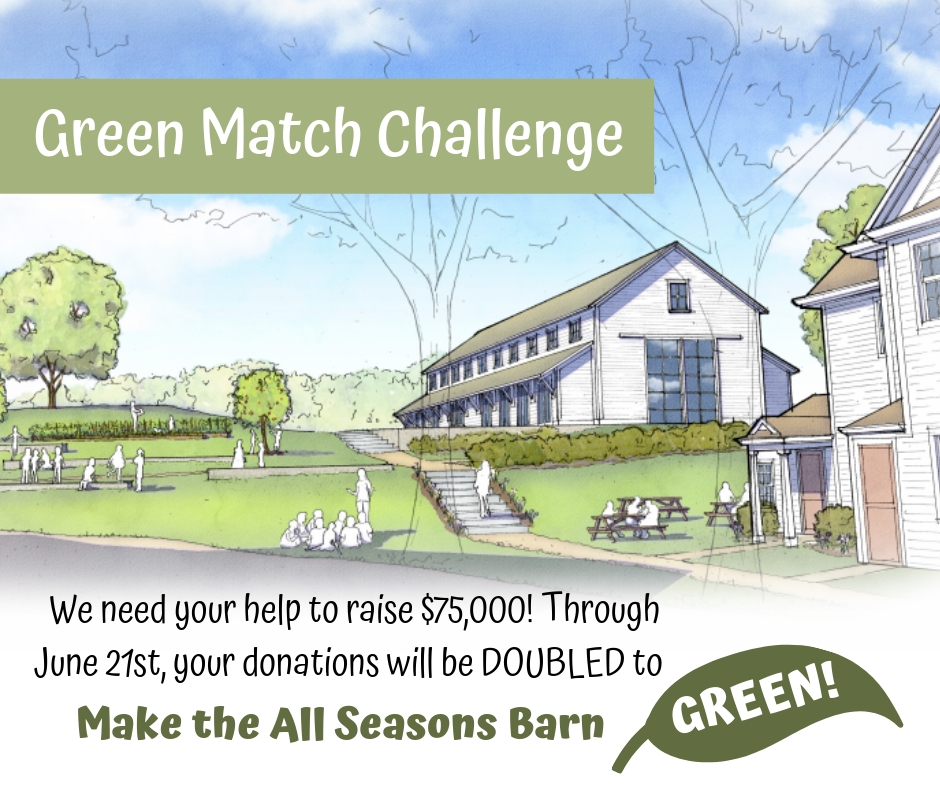May 2019
Written by volunteer at Wright-Locke Farm, Betsy Block
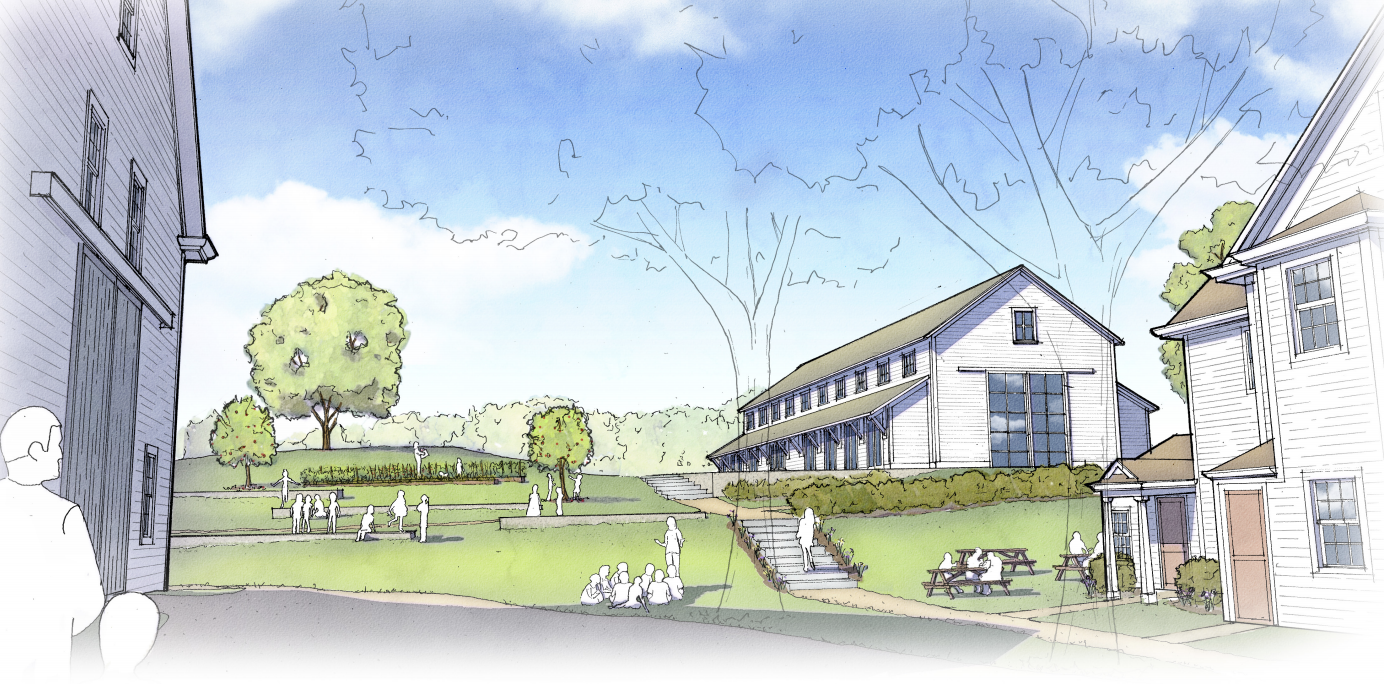
When the All-Seasons Barn goes up on the farm next fall, it will provide a comfortable indoor space for Wright Locke to offer programs, classes, demonstrations, music and more, all year long. The farm staff envisions the barn as a welcoming place where greater Bostonians of all ages can learn, connect and be inspired. An important part of this vision is continuing to expand the farm’s commitment to sustainability far beyond farming. But the All-Seasons Barn won’t just be a place to educate locals about carbon emissions and low-impact living; the barn itself will actually embody these ideals. In this way, the barn will be a living model of how to move toward a more sustainable and humane future for us all.
Susan McPhee, Energy Conservation Coordinator and farm board member, explains the beautiful synchrony that will power the building. First, the temperature inside will rely on geothermal heating and cooling. Very deep wells – descending up to 500 feet into the ground – call on the earth’s static temperature of around 55 – 65 degrees F to provide cool air in the summer and to bring relatively warm air (warmer than a Boston winter!) up in winter. The heat gap on cold winter days between the somewhat chilly “earth air” and a more comfortable temperature will be bridged by a motor, but even the small amount of energy needed to power it will come from electricity provided by rooftop solar panels. These panels will also light the building, run computers, keep the kitchen up and running for cooking classes and on and on. Speaking of lighting, the farm staff is looking into highly efficient LEDs.
Furthermore, notes Colleen Ryan Soden, LEED AP BDC, IDC, who is the sustainability advisor for the barn project, the farm is looking into the possibility of having the barn walls built offsite. Doing this provides several benefits: the walls are never out in any weather so there’s no concern about moisture, the project can be completed faster because it’s all done in one place by one coordinated team, and it promotes what she calls a “closed-loop system,” where you can get “an ultra-tight envelope,” greatly minimizing (if not practically eliminating) leaks around windows and doors. Finally, the walls will be super-insulated, thereby retaining all that cool air in summer and warm air in winter.
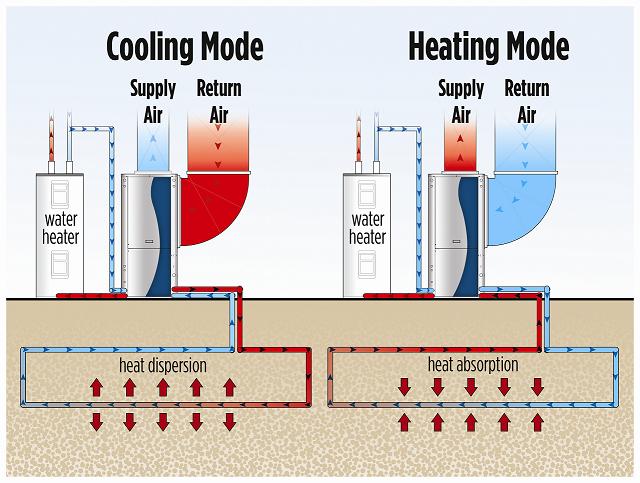
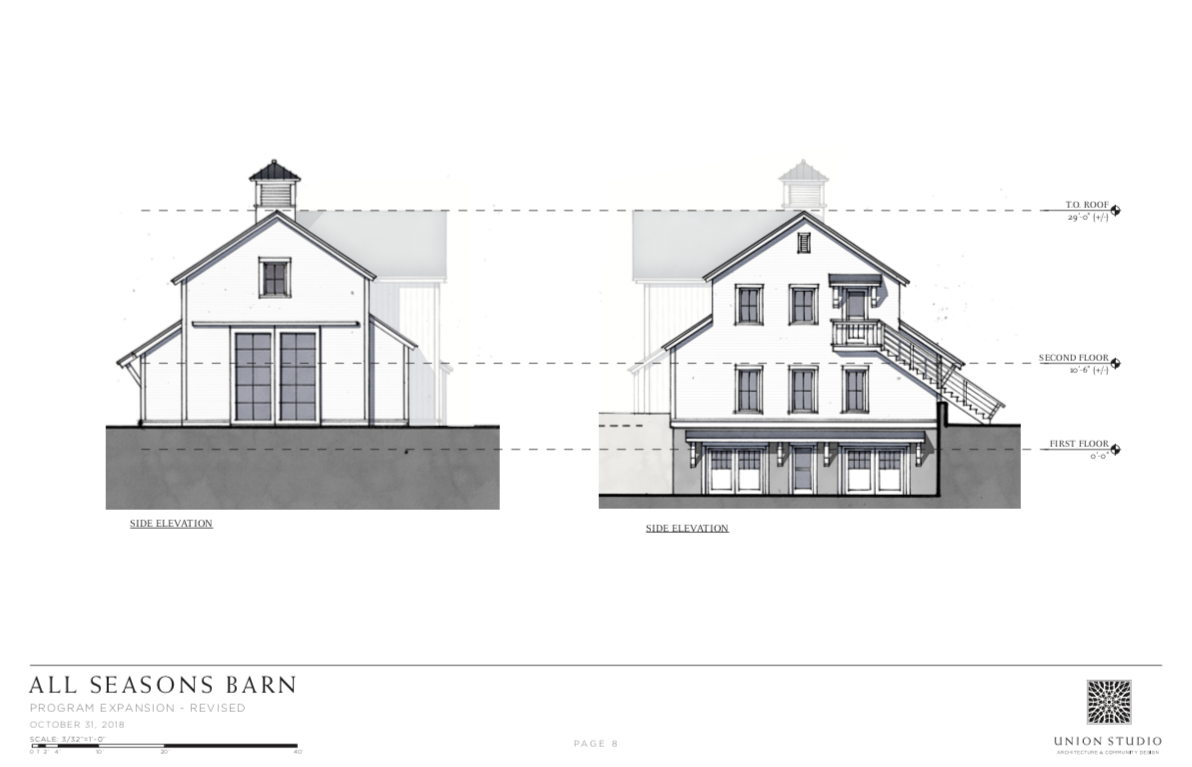
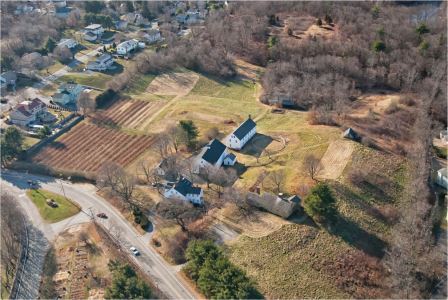
It’s a win-win-win-win any way you look at it.
What’s the downside to all of these earth-loving systems? They cost more upfront to purchase and install, there’s no doubt about it. However, not only do geothermal and other earth-friendly systems last much longer than boilers – up to 10 times longer, or even more – when you amortize the upfront costs and factor in governmental incentives, the return on investment shows that doing things the right way from the start makes the most sense environmentally, yes, but also financially.
Still, building a low-impact, high-quality, earth-friendly barn is not cheap. There are always costs to any project. The question is, how much cost, in what form, and who will really be footing the bill in the end? Soden again: “If we make the right choices in the beginning, we reap the rewards in the long term. We save money and ameliorate climate change impacts. It’s the way we all need to go.”
Water’s another consideration, and the farm is looking at ways to use non-potable storm water for toilets or irrigation. This is a double positive because capturing rainwater can also mitigate flooding. Energy modeling exercises will help determine which features the farm wants to pursue when considering both energy footprint and cost; e.g., whether to fund superinsulation or triple pane windows, for example.
“First, people need to be healthy and happy in this space,” Soden asserts. “Then we want to make our impact as small as possible from a carbon standpoint. And finally, we want to use the barn as an educational tool – to show how we can make beautiful, vibrant spaces that are economically feasible and also enjoyable for people to use.”
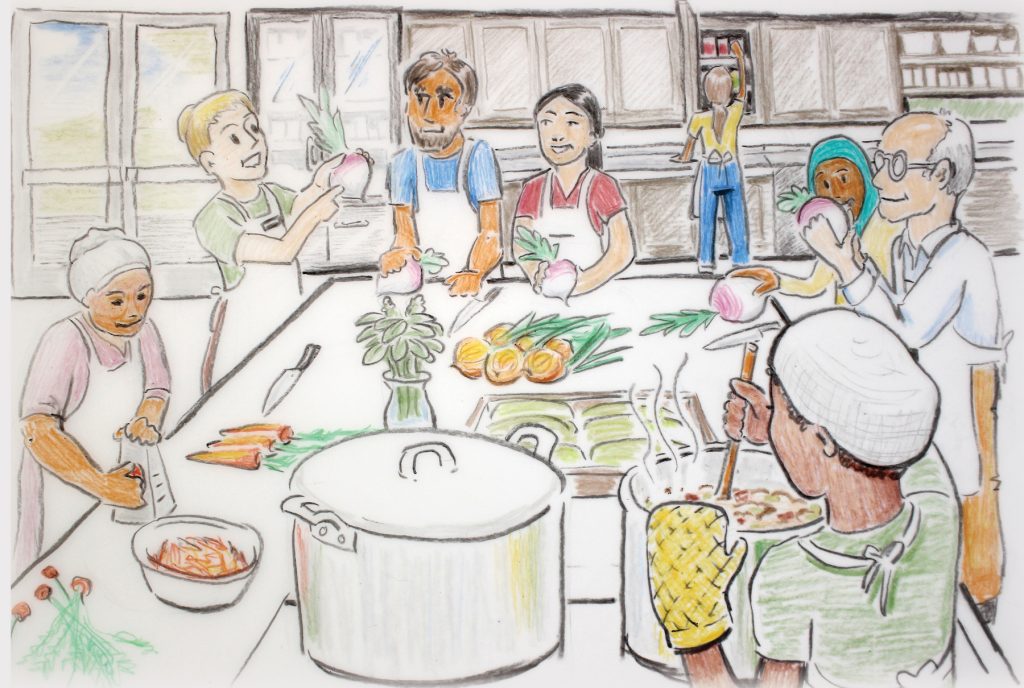
After conversations around sustainability with committed farm supporters like you, we are excited to report that we’ve received a $75,000 match challenge earmarked to help Make the All Seasons Barn GREEN. With your generous support, the campaign will cover nearly half of the cost to use geothermal, solar, and other energy efficient approaches. Make your donation by June 21st to be counted towards the GREEN Match and leave a lasting legacy.
Right now, your donation has 2x the power to do good!
